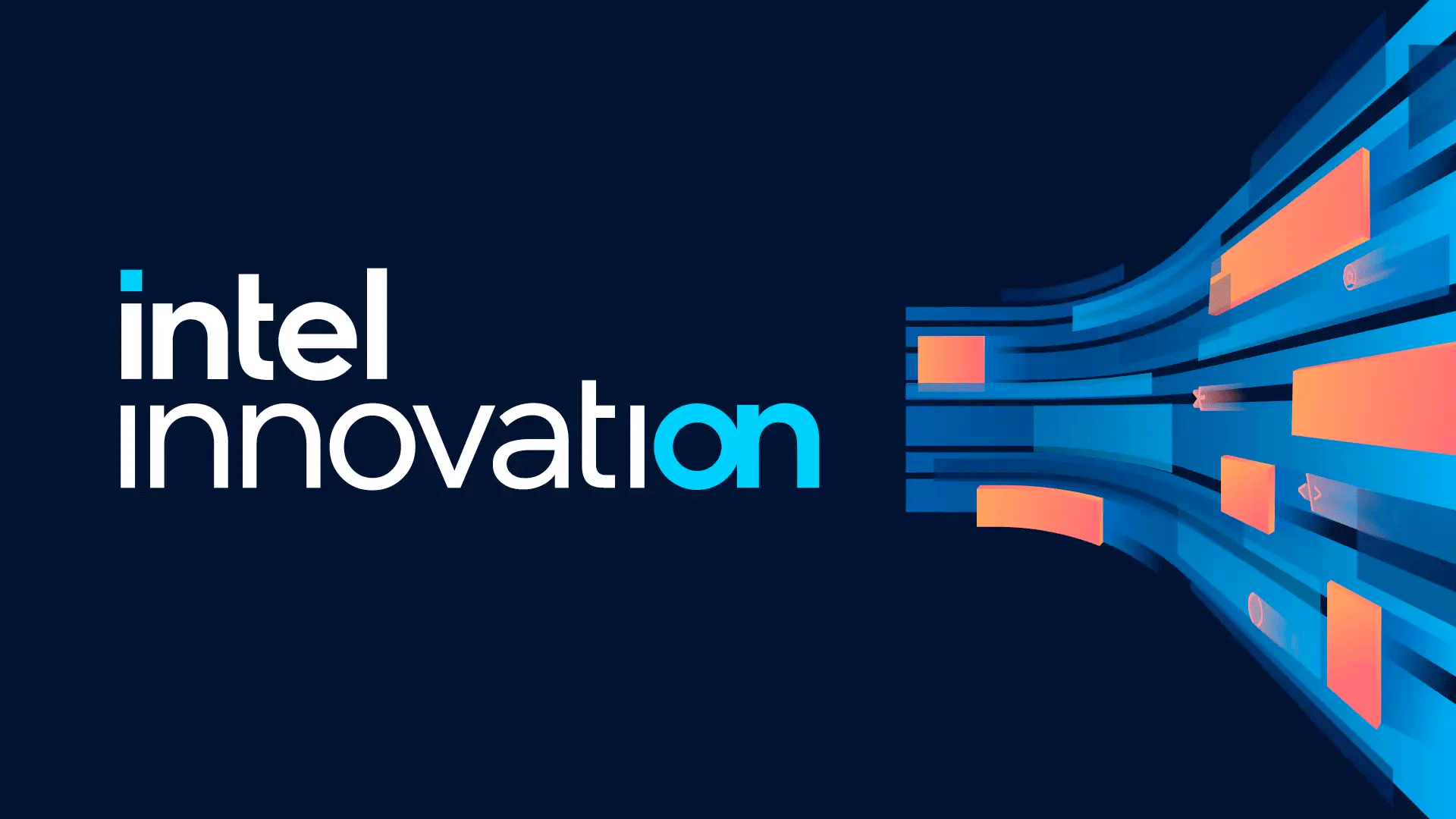Intel delays Innovation event to 2025 amid layoffs and uncertainties
But product launches remain untouched.

Intel has notified attendees of its Innovation event scheduled for late September about its postponement to 2025, capping weeks of bad news for the silicon giant.
The decision comes after the company lost money in its last quarter, triggering mass layoffs, a huge capitalization drop, and an uninspiring business outlook as it deals with issues with its degrading 13th and 14th Generation Core CPUs. The delay is not expected to have any impact on Intel's launch plans for this year, at least for now.
"After careful consideration, we have made the decision to postpone our Intel-hosted event, Intel Innovation in September, until 2025," a statement by Intel reads. "For the remainder of 2024, we will continue to host smaller, more targeted events, webinars, hackathons and meetups worldwide through Intel Connection and Intel AI Summit events, as well as have a presence at other industry moments."
In a statement to PCMag, Intel said that in light of its financial results and the more challenging-than-expected outlook for the second half of 2024, the company had to make some difficult decisions as it continues 'to align our cost structure and look to assess how we rebuild a sustainable engine of process technology leadership.'
It should be noted that Intel's marketing department is about to experience significant cuts, which makes organizing big events difficult. The company may simply not have enough personnel to run an event of substantial scale.
While Intel's Innovation events are important for analysts, customers, and developers as they can learn more from the firm about its future plans, get hands-on experience, and discuss how they can use Intel's technology, these events are not exactly meant for large product launches, unlike Intel Developer Forum (IDF) from back of the day. Arguably more important for the general public are Intel's status updates and demonstrations of next-generation products, such as showing off a PC running on its 2025 Panther Lake CPU.
That said, the delay of Intel Innovation 2024 does not mean that the company will postpone products. At least for now, Intel has not announced any changes to its plans concerning Core Ultra Series 2 'Lunar Lake' processors for laptops (due to be announced in early September), Arrow Lake CPUs for desktops, and Xeon 6 'Granite Rapids' and Xeon 6 'Sierra Forest' products for data centers. But we are probably not going to see Intel's 2026 CPU in action this September.
Get Tom's Hardware's best news and in-depth reviews, straight to your inbox.

Anton Shilov is a contributing writer at Tom’s Hardware. Over the past couple of decades, he has covered everything from CPUs and GPUs to supercomputers and from modern process technologies and latest fab tools to high-tech industry trends.
-
DS426 Why does Intel want to project so heavily that they are ready to go nowhere fast over a bad quarter and defective Raptor Lake chips? They REALLY don't understand this concept of rebuilding customer confidence. Got it, need to make cuts to R&D, fab construction, etc., but I'm still overwhelmingly feeling this sense of surprising shortsightedness. Anyone else with me on that?Reply
The Pat G. train is like an emotional rollercoaster for the company. -
dalek1234 Reply
Yep. Intel is really good lately at shooting itself in the foot, but perhaps it should aim at the head instead to put itself out of its own misery.DS426 said:...Anyone else with me on that?
... -
bit_user Reply
Except their finances are looking really bad. The fact that Pat suspended the dividend should tell you something. He could lose his job for doing that. It means Intel couldn't save enough money simply by cutting fat - they're down to the muscle and bone.DS426 said:Why does Intel want to project so heavily that they are ready to go nowhere fast over a bad quarter and defective Raptor Lake chips? They REALLY don't understand this concept of rebuilding customer confidence. Got it, need to make cuts to R&D, fab construction, etc., but I'm still overwhelmingly feeling this sense of surprising shortsightedness. Anyone else with me on that?
When you're having to make cuts that put future products and business strategy at risk, you don't waste money on anything with a questionable RoI.